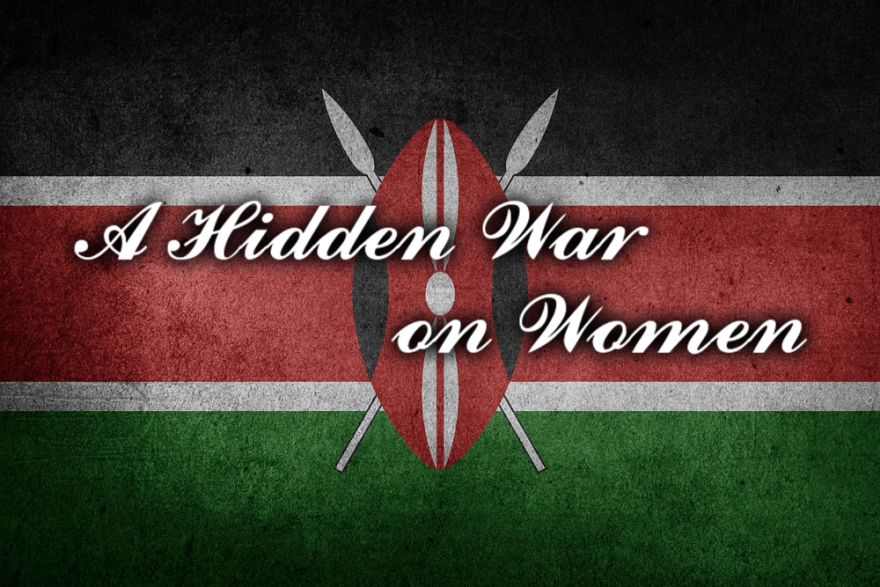Blog Details
- Blog
- Blog Details

The Real Engine of Africa's Economy? It's Not What You Think
 By - Chryspin Afifu
By - Chryspin Afifu
Beyond the Boardroom: The Markets Powering a Continent
Step into any open-air market in Nairobi, Dakar, or Kampala and you’ll witness Africa’s true economy at work—vibrant, dynamic, and profoundly informal. It is in the hands of the mama mboga selling kale at dawn, the boda boda rider weaving through traffic, the hawker balancing goods on their head.
This isn’t the shadow economy. It’s the survival economy, and it sustains over 80% of Africa’s workforce.
Yet, while GDP figures dazzle investors, the people behind these numbers remain invisible in policy corridors.
The Backbone We Ignore
In Kenya, the informal economy accounts for over 83% of total employment (Kenya National Bureau of Statistics, 2023). Across Sub-Saharan Africa, that number hovers between 70–90% depending on the country. These workers often:
- Earn daily or irregular wages.
- Lack social protections.
- Operate outside legal or regulatory frameworks.
Still, they pay taxes—formally and informally—through market fees, municipal levies, and bribes. Their contribution is significant, but their recognition is marginal.
When the System Fails, People Innovate
Without formal jobs, contracts, or pensions, informal workers have created parallel support systems:
- Chamas and rotating savings groups fill the void of banks and pensions.
- Verbal agreements and peer guarantees substitute for legal contracts.
- Community solidarity steps in when state social safety nets are missing.
These improvisations reveal both the resilience and vulnerability of informal workers—particularly during economic shocks like COVID-19, drought, or inflation.
The Gendered Economy of the Streets
Informality has a woman’s face. In Kenya and beyond, women dominate:
- Petty trade
- Food vending
- Domestic work
- Caregiving services
Yet they are underrepresented in unions, policymaking, and urban planning. They endure harassment, eviction, and unstable income—all while holding communities together.
As UN Women rightly notes: “Informality is not just an economic issue. It is a feminist issue.”
Time to Rethink Development
What if we stopped measuring success purely in GDP growth and started asking:
- Are we protecting the people who keep our cities running?
- Is our development inclusive of those outside the formal wage system?
Real development must center:
- Dignity over deregulation
- Equity over extraction
- Participation over tokenism
After all, a thriving economy cannot be built on the exhaustion and exploitation of its largest workforce.
Policy Pathways for Inclusive Growth
To build a truly inclusive and resilient economy, governments and development partners must:
- Introduce Universal Social Protection Floors
Ensure health insurance, maternity benefits, pensions, and unemployment support are accessible regardless of job status. Kenya’s proposed Social Protection Bill (2025) offers a promising step—if implemented with informal workers in mind.
- Expand Access to Affordable Credit and Training
Tailored financial tools—especially for women—and upskilling programs can unlock productivity without formal employment barriers.
- Formalize with Empathy
Decriminalize street trade. Stop evictions without alternatives. Support simplified registration and licensing that protects—not punishes—informal workers.
“Formalization” should not mean erasure. It should mean recognition, rights, and respect.
Conclusion: Dignity at the Center
Africa’s future will not be shaped solely in skyscrapers or investment forums. It will be built by those who rise before dawn to grind maize, weave mats, fix shoes, ferry people, and sell second-hand clothes.
They are the invisible infrastructure of Africa’s survival—and its real engine of growth.
If development is to be meaningful, it must work for them.
Suggested Readings & References
- Kenya National Bureau of Statistics (2023). Economic Survey Highlights.
- UN Women (2022). Women in Informal Employment
- ILO (2020). Women and Men in the Informal Economy: A Statistical Picture
- UNDP (2022). Rethinking the Informal Sector in Africa: From Margins to Mainstream
- WIEGO. (2024). Policy Briefs on Informal Work in Africa
Join the Conversation
What’s your informal economy story?
Category
- Informal economy(1)
- Labour markets and employment (1)
- Social protection(0)
- Care economy (0)
- SRHR and GBV(1)
- Climate change and mitigation (1)
- Gender(0)
- Public policy (0)
- Culture and social norms (0)
- Digital economy (1)



